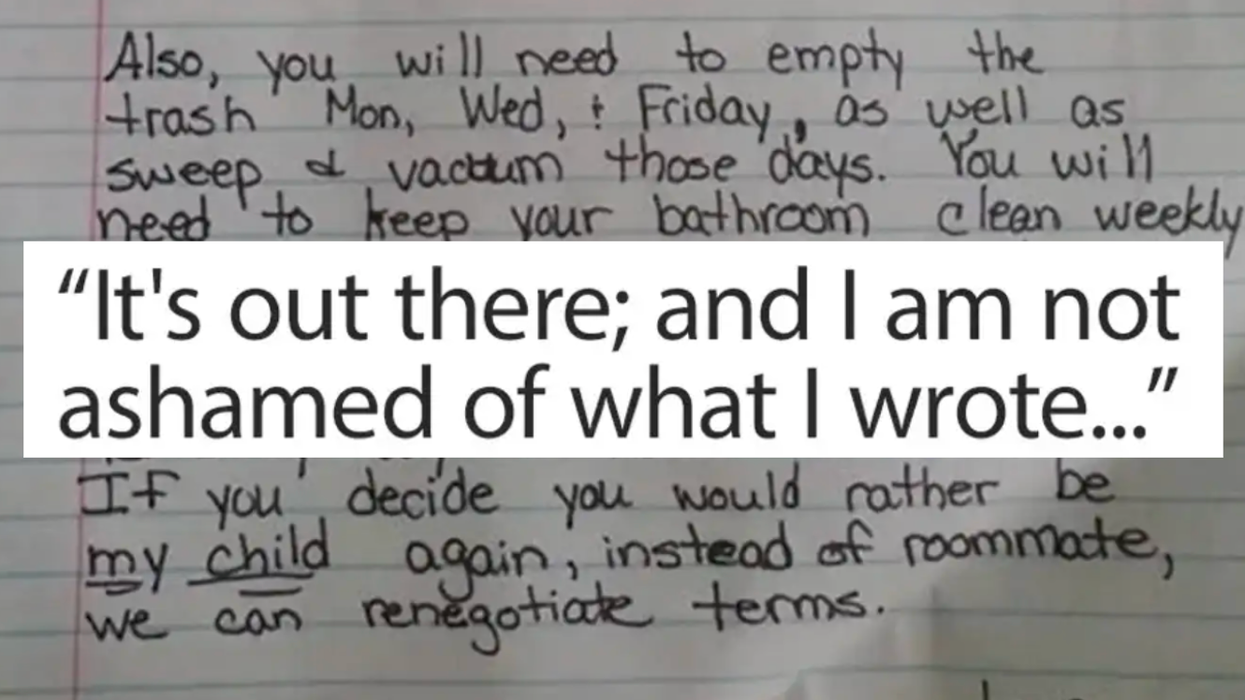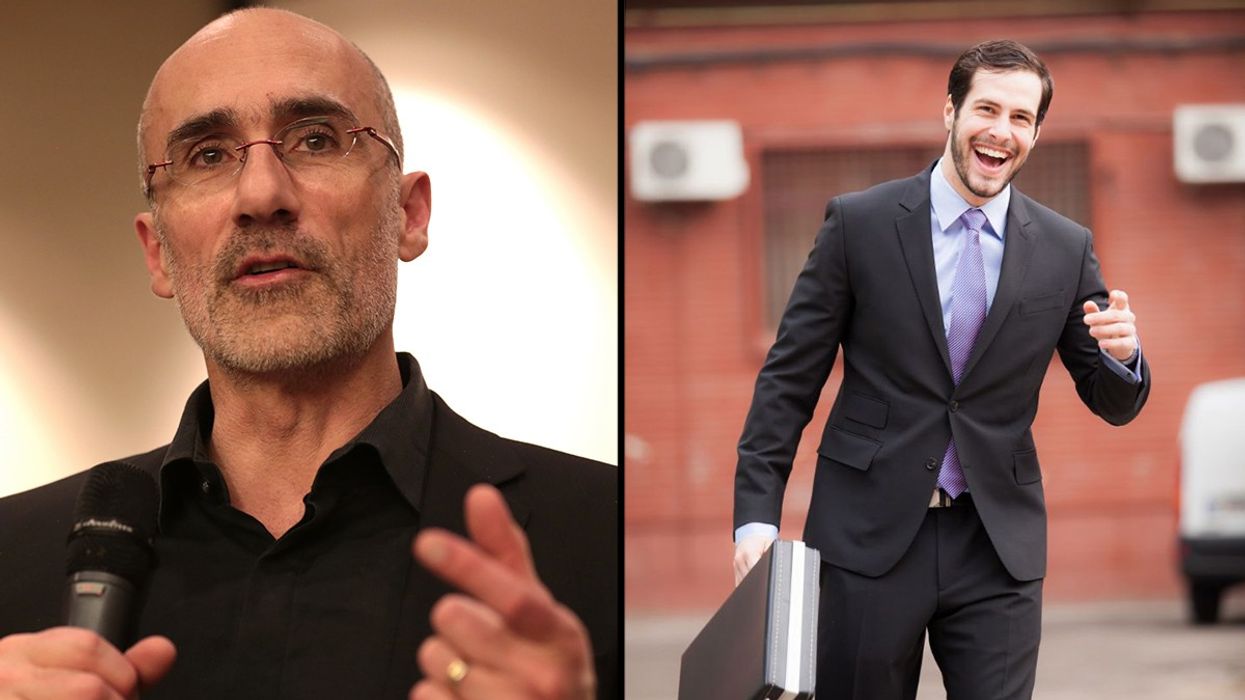Ousmane Badiaga, an undocumented immigrant living in Paris, was a rice farmer in his home country of Senegal. Speaking to an audience in a suburb of Paris during the United Nations climate summit, he told his story. “In 2010 there was a terrible drought, and we had to take on a very big debt to plant. This happened again in 2012.”
Badiaga told the crowd, “The harvests are so bad, and we can’t solve it by ourselves. We can’t feed our families anymore.” He added, “This is why I had to migrate to France.”
While thousands of negotiators, journalists, nongovernmental organization representatives, and activists descended on Paris for the COP21 climate talks, immigrants living in the host city can tell their own stories of climate change. Many were forced to leave their countries because of climate or environmental stressors, piled on top of long-standing economic and political problems.
What, if anything, does the Paris agreement, signed last Saturday, say about climate migration and displacement? It calls for a task force to “develop recommendations for integrated approaches to avert, minimize and address displacement related to the adverse impacts of climate change.” This acknowledgement comes after increased attention to the links between climate change and immigration or displacement. While the treaty text remains vague on the issue, civil society offers strategies to confront the problem.
Most developing countries participating in the U.N. climate meetings want the issue to be considered a part of “loss and damage” in order to receive compensation, whereas developed countries hope to relegate displacement to the realm of “adaptation” so that they will not be responsible for compensation payments. The mention in the Paris agreement allows for further, voluntary action.
The term “climate refugee” has jumped into the public consciousness as the people of low-lying South Pacific islands grapple with their future and politicians and journalists emphasize the connection between drought and the Syrian refugee crisis. “Climate refugees” do not exist as a legal category, and would have to be added to the U.N. Convention on Refugees, which stipulates political persecution as the basis for refugee status.
Yet in the context of U.N. inaction on climate-driven migration, a reframe of the issue may be in order. Conversations with representatives of impacted communities who were present at the Paris talks indicates that the climate refugee crisis will not look like the picture that politicians and media are painting.
Even though climate change pushes people from their home countries, some critics argue that the “climate refugee” concept ignores the social and political roots of these displacements. The much-discussed connection between climate change and the mass exodus of Syrian proves rather thin upon examination.
Betsy Hartmann, of the Massachusetts-based Population and Development Program, said in an interview with GOOD, “It is absolutely essential to separate the issue of climate-related migration from the current mass displacement caused by civil war and geopolitics in Syria, Iraq, and Afghanistan.” Hartmann says that the climate argument makes the Syrian conflict sound inevitable, and deflects the responsibility that governments have for allowing the conflict to begin and continue.
The people of Kiribati reflect another concern with the climate refugee concept. They are held up as potential climate refugees, living on an island that’s threatened by sea-level rise and where 70% of households say they would consider migrating because of climate stressors. Yet many of those surveyed by nongovernmental organizations have made clear that “we don’t want to become climate refugees.”
Their alternative? “Migration with dignity.”
The government is advocating for planned relocation efforts and job training to ease the transition.
Only those who cross national borders are considered refugees, and studies have found that the majority of people displaced by environmental and climatic events remain within their home countries. Those who do cross national borders most often stay in the region rather than travel to Europe, Australia, or the United States. Observers who worry about hordes of “climate refugees” arriving in industrialized countries may be mistaken.
Fousseini Coulibaly, a Malian undocumented immigrant in Paris, first moved his family within Mali several times before resorting to migrating to France. A French-owned gold mine began operations in his village, and soon after its arrival, he could no longer grow his traditional crops because of the mine’s water consumption and pollution. Drought, too, has impacted Malian farmers. Coulibaly says, “If there were a way to work in our countries we wouldn’t have come to France.”
Lastly, a distinction must be made between permanent and temporary displacement. Refugees usually fall into the former category. But many people displaced by extreme weather events such as hurricanes are ultimately able to return to their homes.
While U.S. national security circles see climate change and resultant immigration as a future driver of conflict, civil society organizations provide powerful examples that immigrants can be a force for climate change adaptation. After Typhoon Haiyan in the Philippines, the Filipino immigrant community in the United States organized to fund rebuilding efforts in the damaged areas. Organizations in the Philippines networked to manage the donations; one Quezon City-based organization alone received $3 million.
Jean-Claude Amara of the Paris migrant rights organization Droits Devant !! explains that in West Africa, migrant remittances fund adaptation projects for peasant farmers to cultivate crops with limited water access. Amara says that remittances to West Africa eclipse the total money in development funds from the French government to the region.
While COP21 did not yield an accord with specific provisions concerning climate change migrants, organizations in Paris were not entirely pessimistic. The Nansen Initiative is one effort to address the problem, spearheaded by Norway and Switzerland. Many countries have signed on to the Nansen voluntary guidelines, a toolkit of sorts to address climate-driven displacement. This “bottom-up” approach could lead to regional agreements between member governments.
This sentiment was echoed by civil society at the Paris talks. Mamadou Faki, a peasant-sector leader in Gambia, said that “we must find the governments that will push this issue and work with them. We can’t just leave it up to the COP.”















 Otis knew before they did.
Otis knew before they did.